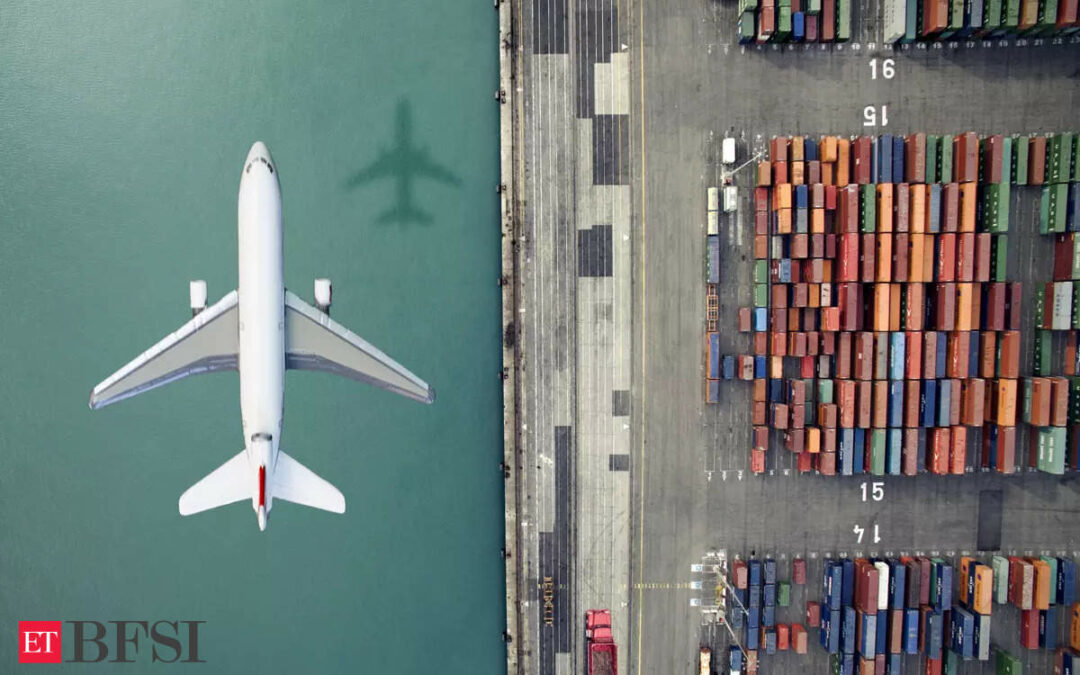Geopolitics has impacted global trade bit global supply chains have evolved over decades with immense complexity, making it nearly impossible to replace manufacturers overnight per se China, said Vivek Ramachandran, Global Head, HSBC Global Trade Solutions.
A lot of low-value assembly has been outsourced, creating a disconnect where geopolitics is driving nearshoring and bringing production closer to home. However, supply chains are not fully adapting to this shift. While India has benefited from this trend, it still needs to move up the value chain by focusing on value addition rather than just assembly in electronics and other industries, Ramachandran went on to elaborate India’s position.
While India has made significant progress in manufacturing and exports, China remains deeply embedded in global trade due to its scale, infrastructure, and ecosystem advantages.
Companies worldwide are actively working to diversify their supply chains, especially in light of geopolitical tensions and economic disruptions. India has emerged as a strong contender for global investments, particularly in sectors like electronics, semiconductors, and renewable energy. However, Ramachandran emphasised that rather than aiming to replace China, India should focus on complementing global supply networks by developing competitive advantages.
Path to Supply Chain Expansion
For India to establish itself as a major supply chain hub, Ramachandran lists several factors that could be a propellant, upgrading its infrastructure and logistics, including ports, roads, and digital networks, to boost trade efficiency; providing stable policy support to encourage investment and reduce red tape; developing a skilled workforce equipped for advanced manufacturing and tech-driven industries; and simplifying regulations to make it easier for global companies to set up shop.
China Plus One
Many multinational corporations have adopted a “China Plus One” strategy, reducing dependency on China by expanding operations to other countries, including India.Ramachandran stressed that while India has benefited from this trend, competing with China solely on cost or scale is not viable. Instead, India should focus on innovation, high-value manufacturing, and integration with global trade ecosystems.
“India has the opportunity to position itself as a critical player in global trade, but it must do so by offering differentiated value rather than trying to replicate China’s model,” he added.












